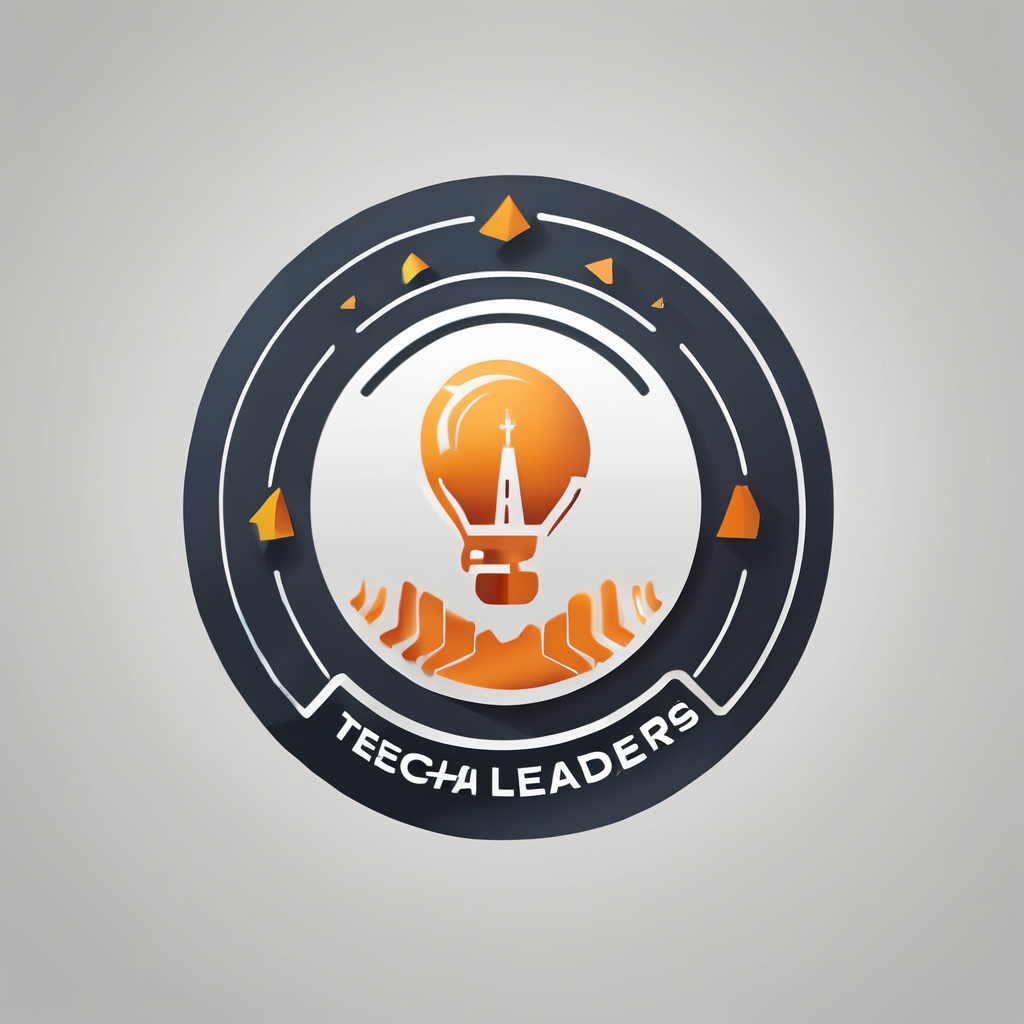Overview of AI in Marketing
The advent of AI in marketing has transformed the landscape, introducing a new era of data-driven and efficient strategies. By leveraging artificial intelligence, marketers can tap into vast amounts of data, ensuring precision in targeting and personalization. AI empowers agencies to craft campaigns that resonate deeply with audiences, fostering stronger connections.
Benefits of AI
AI in marketing offers numerous benefits that enhance strategies:
Additional reading : Video transcription into json: transforming video content into structured data
- Automation: Tasks like data analysis and customer segmentation are streamlined, saving time and resources.
- Personalization: AI crafts tailored messages based on customer behaviour and preferences, increasing engagement.
- Insights: AI tools analyse trends and predict future behaviours, enabling proactive approaches.
Trends and Future Outlook
The future of AI in marketing is undeniably promising. As AI technologies evolve, the potential for creating even more personalized and engaging experiences expands. Trends suggest a shift towards more automation and intelligent decision-making, enhancing customer experiences and operational efficiencies across various sectors. Integration with other marketing technology, such as AR and VR, is also anticipated, further enhancing consumer interactive experiences.
As marketing teams adapt to these technologies, understanding how to skilfully apply AI’s capabilities will be crucial. With the right strategy and technology stack, AI will continue to redefine marketing possibilities.
This might interest you : Maximizing Market Impact: Innovative Data-Driven Customer Segmentation Tactics for Swansea Travel Agencies
Sheffield Marketing Agency Case Studies
Exploring real-world applications of artificial intelligence, Sheffield marketing agencies have set benchmarks through innovative client campaigns. Through a strategic blend of creativity and AI, these agencies have managed to redefine the way brands engage with audiences.
Successful Campaign Example 1
In one notable campaign, a Sheffield marketing agency harnessed AI to develop targeted advertising for a retail client. By analysing customer data, they crafted personalised offers, significantly boosting conversion rates. The agency focused on precise customer segmentation, allowing the brand to tailor campaigns to specific audience needs, resulting in higher engagement rates and strengthened brand loyalty.
Successful Campaign Example 2
Another agency applied AI-driven analytics in a campaign for a hospitality client. They utilised predictive modelling to understand customer preferences, thus optimising marketing spend. This forward-thinking approach resulted in a 20% increase in bookings, demonstrating the power of data-driven strategies.
Successful Campaign Example 3
Focusing on social media, a Sheffield marketing firm employed AI tools to enhance content delivery. By examining existing trends and consumer interactions, they crafted content that resonated well with audiences. This amplified online presence, illustrating the importance of dynamic AI integration.
These cases highlight AI’s transformative potential and the importance of continuous learning and adaptation in forging successful client strategies.
Tools and Technologies for AI Implementation
In the landscape of AI marketing tools, agencies have a plethora of options to enhance their marketing technology stack. Selecting the right software for AI is crucial for seamlessly integrating new technologies into existing systems. Let’s explore some of the popular AI tools and the criteria for choosing them.
Numerous AI-powered platforms, like HubSpot and Salesforce, cater to varying marketing needs. These tools automate tasks, providing valuable insights and enabling data-driven strategies. HubSpot, for instance, excels in automating customer engagement while Salesforce leverages AI to predict customer trends. It’s vital to evaluate how these AI marketing tools align with campaign goals.
Integration plays a significant role in choosing the right tools. Compatibility with existing systems ensures smooth transition and maximizes efficiency. A robust marketing technology stack adeptly incorporates AI while maintaining a cohesive workflow across platforms.
When selecting AI software, consider scalability and support. Whether aimed at small businesses or large enterprises, tools should grow and adapt with the organization. Customer support and comprehensive training resources also facilitate successful AI adoption.
Ultimately, understanding the functions and benefits of various AI marketing tools helps agencies make informed decisions, enhancing client outcomes and campaign effectiveness.
Strategies for Leveraging AI in Client Campaigns
In today’s evolving marketing landscape, successfully leveraging AI strategies is crucial for enhancing client engagement and delivering personalized marketing that resonates with audiences. To maximise the benefits AI offers, marketers must embrace a data-driven approach.
Data-driven decision-making lies at the heart of contemporary marketing strategies. By analysing customer data, AI tools facilitate more accurate foresight into consumer behaviors, allowing for tailored marketing campaigns. This level of precision enables businesses to target specific audiences effectively, optimising resource allocation and enhancing results.
Best practices for personalising client communications using AI involve thoughtful integration of consumer insights with creative content. AI tools can identify patterns in customer interactions and preferences, enabling marketers to craft messages that feel personal and direct. For instance, customised email marketing that addresses recipient preferences can increase open rates and engagement.
Exploring practical examples, we turn to case studies showcasing effective AI-driven marketing strategies. These examples illustrate the potent combination of AI analytics with creative execution, leading to successful campaign outcomes. In one case, a company used AI to streamline their social media ad targeting, resulting in improved campaign performance and higher return on investment.
Incorporating AI strategies empowers marketers to forge stronger customer relationships and achieve superior campaign results.
Challenges and Considerations in AI Adoption
Navigating the integration of AI in marketing presents several challenges that agencies must acknowledge. One primary concern is the ethical implications surrounding data privacy. With AI’s ability to process and analyse vast amounts of personal information, it is crucial for agencies to ensure that this data is used responsibly and transparently. Adhering to privacy laws and obtaining user consent are fundamental to fostering trust and maintaining ethical standards.
Another challenge is the limitation of AI systems in understanding complex human behaviours and emotions. While AI can efficiently handle data-driven tasks, its ability to interpret nuanced human interactions is not infallible. This limitation necessitates a balanced integration where human insight complements AI processes.
Addressing these challenges requires a strategic approach. Implementing AI responsibly involves continuous oversight, regular audits, and staying updated with evolving regulations. Agencies must invest in educating their teams about ethical AI practices, fostering a culture of awareness and responsibility.
Furthermore, mitigating risks extends to ensuring AI implementations are efficient and yield consistent results. This involves thorough testing and gradual adoption, allowing both the technology and the team to adapt seamlessly. By acknowledging these considerations, marketing agencies can leverage AI’s potential while maintaining ethical integrity and optimising strategy outcomes.











